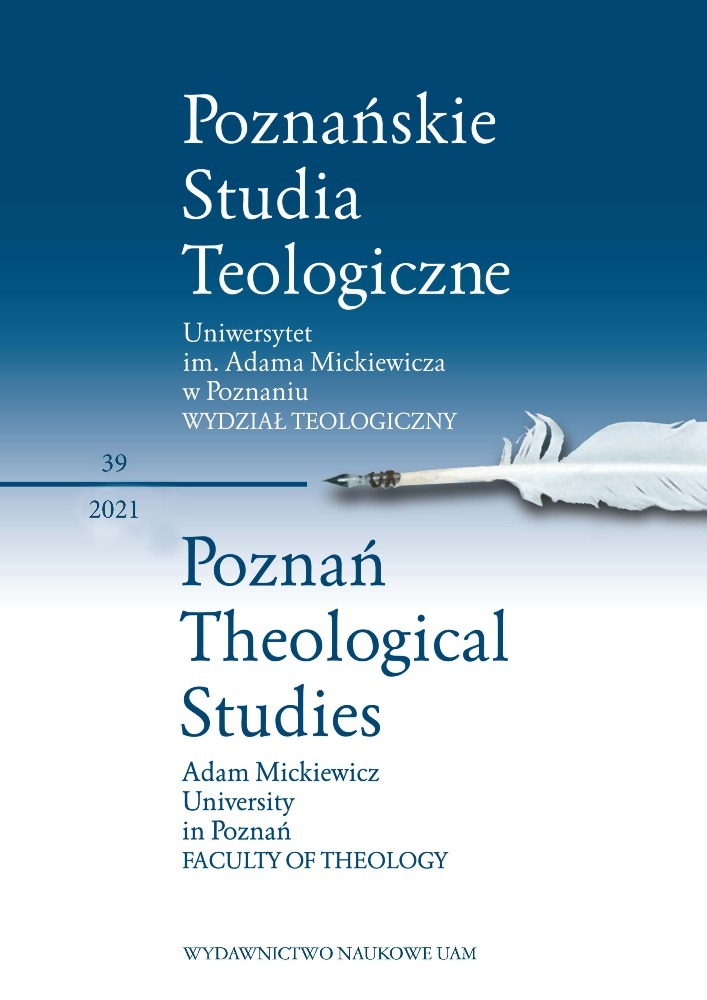Abstract
The article presents the notion of person in Confucianism in the context of biographical background of Confucius (551-479 B.C.). As an itinerant sage Confucius taught the practical significance of moral values in the social and political life. His disciples collected his teachings in Analects, in which Confucius noticed that at his age of 50 he knew the will of Heaven (A 11:4). He began to teach Humanism with respect to Transcendence (T’ien).
According to the great specialists, Prof. Tu Wei-Ming (Harvard University) and Prof. John Berthrong (Boston University), “the social dimension” of the human person in Confucianism is important and the person is conceived as “a center of relationships” and as a self of personal development (selfhood as creative transformation). There are five universal ways in human relations which are governed by five moral principles. The five ways are those governing the relationships between ruler and minister, between father and son, between husband and wife, between elder and younger brothers, and those in the intercourse between friends. The core of the human person is humanity (jen or ren).
Just as “compassion” is the greatest Buddhist virtue, and “love” the Christian, jen is the ultimate goal of conduct and self-transformation for the Confucian. According to Confucius, education reforms a personal life as well as a social and political life in order to realize a universal love and a personal development of man (juncy).
Riferimenti bibliografici
Berthrong J., All under Haeven. Transforming Paradigms in Confucian-Christian Dialogue, Albany 1994.
Berthrong J., E., Confucianism. A Short Introduction, London 2014.
Chang W., Prior M.J., Confucian Ren and Jesus’ Agape as a Basic Virtue towards a More Ecumenical World, “Journal of Ecumenical Studies” 51 (2016) 4, pp. 552-566.
Encyclopedia of Chinese Philosophy, ed. A.S. Cua, New York 2003.
Fang Th.H., Creativity in Man and Nature. A Collection of Philosophical Essays, Taipei 1980.
Hinton D., Bullen D., Analects. Confucius, Berkeley 2014.
Kościół Azji a religie, ed. I. Ledwoń, Lublin 2018.
Lan Y.F., A History of Chinese Philosophy, trans. D. Bo dde, Princeton 1952.
Leksykon religii, ed. H. Waldenfels, Warszawa 1997.
Lu Y., “Love Your Neighbor as Yourself” (L k 10:27b). The Parable of the Good Samaritan in the Light of Regulatory Focus Theory, “EC Psychology and Psychiatry” 5 (2017) 1, pp. 1-6.
Sakowicz E., Religioznawstwo, Lublin 2009.
Tu Wei-Ming, A spiritual turn in philosophy: Rethinking the global significance of Confucian humanism, “Journal of Philosophical Research” 37 (2012), pp. 389-401.
Tu Wei-Ming, Centrality and Commonality: An Essay on Confucian Religiousness [in:] A Revised and Enlarged Edition of ‘Centrality and Commonality: An Essay on Chung-yung, New York 1989.
Tu Wei-Ming, Confucian Thought: Selfhood as Creative Transformation, New York 1985.
Yao Z.X., Confucianism and Christianity. A Comparative Study of Jen and Agape, Brighton 1996.
Young D.J., Confucianism and Chistianity. The First Encounter, Hong Kong 1983.

